

Articles
How To Store Mandarins
Modified: December 7, 2023
Learn the best methods for storing mandarins to keep them fresh and delicious with these helpful articles.
(Many of the links in this article redirect to a specific reviewed product. Your purchase of these products through affiliate links helps to generate commission for Storables.com, at no extra cost. Learn more)
Introduction
Mandarins, with their vibrant colors and sweet, tangy flavor, are a favorite citrus fruit for many. Whether you have a surplus of fresh mandarins from a bountiful harvest or you simply want to make your stash last longer, proper storage is essential to maintain their flavor and freshness for as long as possible.
In this article, we will guide you through the different methods of storing mandarins, including at room temperature, in the refrigerator, and in the freezer. We will also explore how to preserve mandarins by making delicious marmalade. With these tips, you can enjoy the luscious taste of mandarins all year round.
So let’s dive in and learn how to properly store mandarins to extend their shelf life and preserve their mouthwatering flavor.
Key Takeaways:
- Extend the lifespan of your mandarins by choosing, preparing, and storing them correctly. Regularly inspect and rotate your stock to savor their juicy sweetness year-round.
- Transform surplus mandarins into delicious marmalade or freeze them for long-term enjoyment. Follow proper storage techniques to preserve their vibrant flavor and nutritional value.
Read more: How To Store Mandarin Oranges
Choosing the Right Mandarins
When it comes to storing mandarins, selecting the right ones is crucial. Look for mandarins that are firm to the touch and have smooth, unblemished skin. Avoid fruits that have soft spots, mold, or any signs of decay.
There are several popular mandarin varieties to choose from, including Clementine, Satsuma, and Tangerine. Each has its own unique flavor profile, so select the one that suits your taste preferences.
If you have the opportunity, opt for organic mandarins. Organic fruits are grown without synthetic pesticides and are less likely to have chemical residues on their skin. This not only contributes to your overall health but also enhances the flavor of the fruit.
Remember that mandarins continue to ripen after they are picked, so it’s best to select slightly underripe fruits. This allows you to control the ripening process and extend the shelf life of the fruits.
Once you have chosen your perfect mandarins, it’s time to prepare them for storage.
Preparing Mandarins for Storage
Before you store your mandarins, it is important to properly prepare them to ensure their longevity. Follow these steps to get them ready for storage:
- Wash: Gently rinse the mandarins under cool running water to remove any dirt or residue on the skin. Avoid using soap or harsh detergents, as they can leave a residue and affect the flavor of the fruit. Pat them dry with a clean towel or let them air-dry before proceeding.
- Sort: Examine each mandarin individually, discarding any that have bruises, cuts, or signs of decay. Remember, one bad fruit can quickly spoil the entire batch.
- Remove Stems and Leaves: Snip off any stems or leaves that are still attached to the mandarins. These can harbor moisture and promote mold growth during storage.
- Store Individually: If possible, store mandarins individually rather than in a large bunch. This prevents a single spoiled fruit from contaminating the others. You can use a shallow basket, a mesh bag, or even wrap each mandarin in tissue paper to keep them separated.
By taking the time to properly prepare your mandarins before storage, you minimize the risk of spoilage and maintain their freshness and flavor for longer periods.
Storing Mandarins at Room Temperature
One of the simplest ways to store mandarins is at room temperature. This method is ideal if you plan to consume the fruits within a week or so.
Follow these steps to store mandarins at room temperature:
- Select a Cool, Dry Spot: Choose a location in your home that is cool and free from direct sunlight. Excessive heat can accelerate the ripening process and cause the mandarins to spoil quickly.
- Arrange in a Single Layer: Place the mandarins in a shallow container or on a plate, ensuring that they are not stacked on top of each other. This allows for air circulation and prevents them from becoming squished or damaged.
- Check Regularly: Inspect the mandarins daily and remove any fruits that show signs of spoilage. This prevents the spread of mold or bacteria to the rest of the batch.
Storing mandarins at room temperature provides easy access to the fruits and allows them to ripen naturally. However, keep in mind that they will not last as long as they would in colder storage options.
If you have a larger quantity of mandarins or want to extend their shelf life further, storing them in the refrigerator may be a better option.
Storing Mandarins in the Refrigerator
If you have a surplus of mandarins or want to prolong their freshness for an extended period, storing them in the refrigerator is a great option. The cool temperature helps slow down the ripening process and extends their shelf life.
Follow these steps to store mandarins in the refrigerator:
- Store in a Mesh Bag or Perforated Plastic Bag: Place the mandarins in a mesh bag or a bag with small perforations to allow for air circulation. This prevents excess moisture buildup and helps prevent mold formation.
- Keep Away from Moisture: It’s important to store mandarins away from any sources of moisture in the refrigerator, such as the vegetable drawer or near open containers of liquids. Excessive moisture can cause the mandarins to become soggy and spoil quickly. Instead, place them on a shelf where they are not in direct contact with any liquids.
- Optimal Temperature: Set your refrigerator to a temperature of around 40°F (4°C) for storing mandarins. This temperature range helps slow down the ripening process without causing the fruits to become too cold and lose their flavor.
- Check Regularly: Periodically check the mandarins stored in the refrigerator for any signs of spoilage or decay. Remove any fruits that have softened, developed mold, or unusual odors to prevent them from affecting the rest of the batch.
When stored properly in the refrigerator, mandarins can remain fresh for up to two to three weeks, allowing you to enjoy their juicy goodness over an extended period.
If you want to store mandarins for an even longer duration or preserve them during the peak season, freezing is a reliable option.
Store mandarins in a cool, well-ventilated area away from direct sunlight. They can be kept at room temperature for a few days, but for longer storage, place them in the refrigerator to extend their shelf life.
Read more: How To Store Cuties Mandarins
Storing Mandarins in the Freezer
Freezing mandarins is an excellent way to store them for an extended period. By freezing mandarins, you can enjoy their bright, citrusy flavor even when they are out of season.
Here’s how to store mandarins in the freezer:
- Peel and Segment: Start by peeling the mandarins and separating them into individual segments. Removing the peel and pith helps prevent the textures from becoming mushy when thawed.
- Pack in an Airtight Container or Freezer Bag: Place the mandarin segments in an airtight container or a freezer bag. Seal it tightly, removing as much air as possible to prevent freezer burn and maintain the mandarins’ freshness.
- Label and Date: Don’t forget to label the container or freezer bag with the current date. This helps you keep track of the mandarins’ storage time and ensures you use the oldest ones first.
- Store in the Freezer: Place the container or freezer bag in the freezer, ensuring it is stored flat to prevent the mandarins from clumping together. Lay them in a single layer initially, and once frozen, you can stack them if needed.
- Thaw Before Consuming: When you’re ready to enjoy the frozen mandarins, transfer the desired amount to the refrigerator and let them thaw overnight. Thawing slowly in the refrigerator helps preserve the texture and flavor of the fruit.
Frozen mandarins can last for up to several months in the freezer. They are perfect for adding to smoothies, using as a flavorful ice cube alternative, or simply enjoying as a refreshing snack during warmer months.
Now that you know how to store mandarins in the freezer, you can savor their taste long after the harvest season has ended.
Preserving Mandarins as Marmalade
If you have an abundance of mandarins and want to explore a delicious and versatile way to preserve them, making mandarin marmalade is a fantastic option. Marmalade is a sweet and tangy spread that pairs perfectly with toast, scones, or even as a flavor enhancer in savory dishes.
Here’s a step-by-step guide on how to make mandarin marmalade:
- Gather the Ingredients: You will need mandarins, sugar, water, and lemon juice. The exact quantities depend on the recipe you choose to follow.
- Prepare the Mandarins: Wash the mandarins and remove the peels. Slice the peels into thin strips, removing any excess pith or membrane.
- Segment the Mandarins: Peel the mandarins and remove the seeds. Separate the segments and set them aside. You can also squeeze out as much juice as possible and reserve it for later use.
- Cooking Process: In a large pot, combine the mandarin peels, segments, sugar, water, and lemon juice. Bring the mixture to a boil, then reduce the heat and simmer until the peels become soft and translucent.
- Jar and Seal: Sterilize several jars and lids by boiling them or running them through a hot dishwasher cycle. Fill the jars with the marmalade mixture, leaving some headspace, and seal them tightly.
- Water Bath or Refrigerator: Depending on the recipe and your preference, you can process the jars in a water bath to create a vacuum seal or store them in the refrigerator for immediate use. Following proper canning procedures is important to ensure the safety and longevity of the marmalade.
Mandarin marmalade can be enjoyed throughout the year and makes for a thoughtful homemade gift. Experiment with different flavors by adding spices like ginger or cinnamon, or even incorporating other citrus fruits for a unique twist.
Now you can preserve the vibrant flavor and aroma of mandarins by transforming them into a delightful marmalade that can be savored for months to come.
Tips for Long-Term Storage
To ensure the longest possible shelf life for your mandarins, consider the following tips for long-term storage:
- Inspect Regularly: Regularly check your stored mandarins for any signs of spoilage or decay. Remove any fruits that are soft, discolored, or have an off-putting odor. This prevents the spread of mold and bacteria to the rest of the batch.
- Avoid Exposure to Ethylene: Keep mandarins away from fruits that produce ethylene gas, such as apples, bananas, and other ripening fruits. Ethylene can speed up the ripening process and cause the mandarins to spoil more quickly.
- Separate from Other Produce: Store mandarins separately from other fruits and vegetables, especially those with strong odors. Mandarins can absorb odors easily and may develop an undesirable taste or aroma if stored with pungent produce.
- Use Proper Containers: Choose containers or bags that are suitable for storing mandarins. Airtight containers or bags with small perforations are ideal for maintaining the proper humidity and preventing moisture buildup.
- Control Humidity: Mandarins prefer a relatively high humidity environment, around 80-90%. To maintain humidity, you can place a damp cloth or paper towel in the storage container, ensuring it doesn’t come into direct contact with the fruit.
- Rotate Stock: If you have a large stash of mandarins, it’s a good practice to rotate your stock. Consume the older fruits first and replenish your supply with fresh ones. This ensures you always have quality mandarins available.
- Consider Canning: If you have the time and resources, consider canning your mandarins for long-term storage. Canning preserves the flavor and texture of the fruit, allowing you to enjoy mandarins months after the peak season has passed.
- Freeze Juice and Zest: If you have extra mandarin juice or zest, consider freezing them in separate containers. Frozen mandarin juice can be used in various recipes, while the zest adds a burst of citrus flavor to baked goods or savory dishes.
By following these tips, you can maximize the shelf life of your mandarins and continue to enjoy their sweet and tangy taste long after the harvest season.
Conclusion
Proper storage is essential for maintaining the flavor, freshness, and quality of mandarins. Whether you have an abundant harvest or want to make your favorite citrus fruit last longer, following the right storage techniques is key to preserving their taste and nutritional value.
In this article, we’ve discussed different methods for storing mandarins, including at room temperature, in the refrigerator, and in the freezer. We’ve also explored how to transform mandarins into delicious marmalade for long-term preservation.
Remember to choose the right mandarins, prep them correctly, and store them in suitable conditions. Regularly inspect your stored mandarins, and remove any spoiled fruits to prevent spoilage of the entire batch.
Whether you enjoy mandarins as a standalone snack, incorporate them into recipes, or savor them as marmalade, these storage techniques will help you extend the lifespan of your mandarins and enjoy their juicy sweetness throughout the year.
So go ahead, grab those mandarins and store them wisely. With the knowledge gained from this article, you can now savor the delightful taste of mandarins whenever cravings strike, knowing that your fruits are stored in the best possible way.
Frequently Asked Questions about How To Store Mandarins
Was this page helpful?
At Storables.com, we guarantee accurate and reliable information. Our content, validated by Expert Board Contributors, is crafted following stringent Editorial Policies. We're committed to providing you with well-researched, expert-backed insights for all your informational needs.
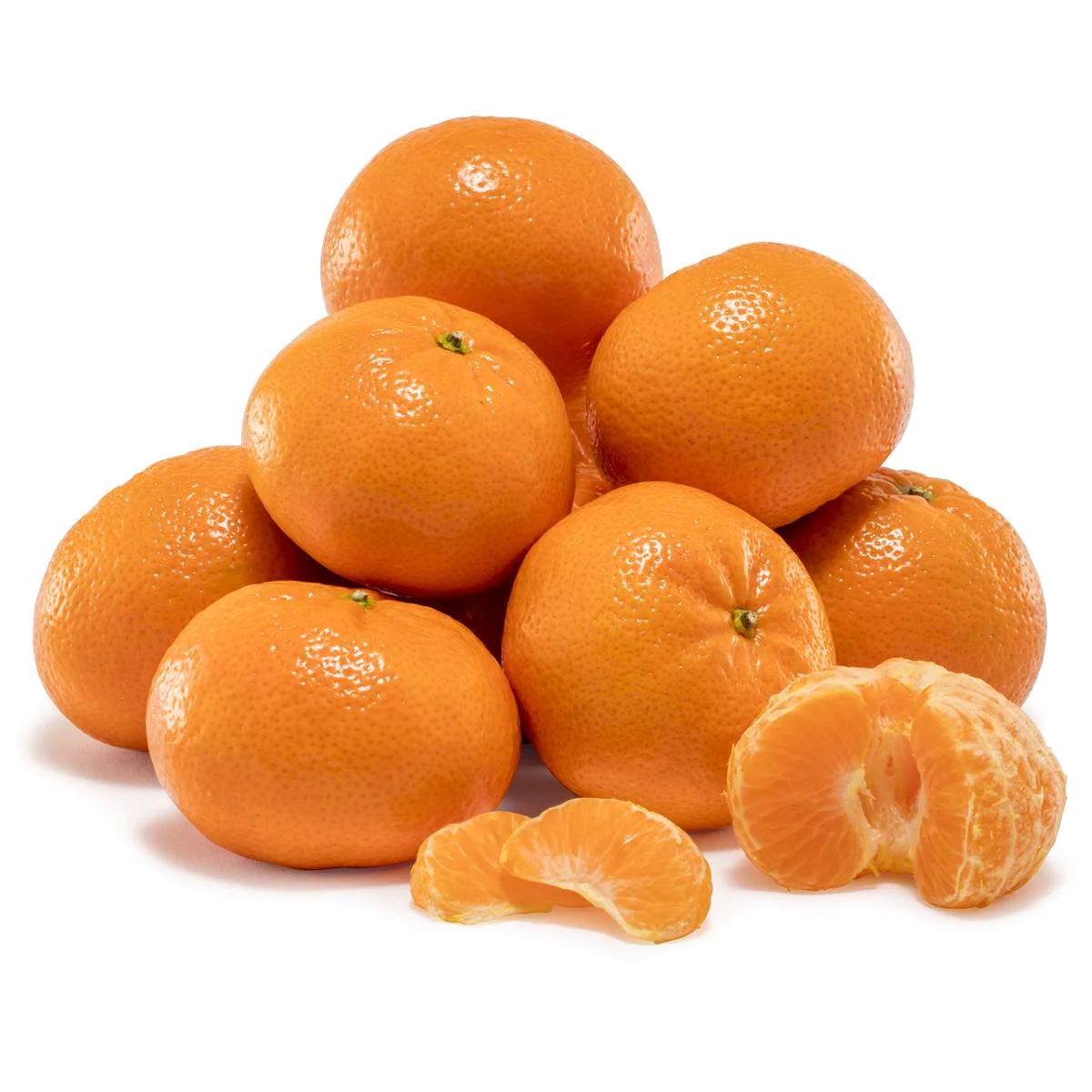
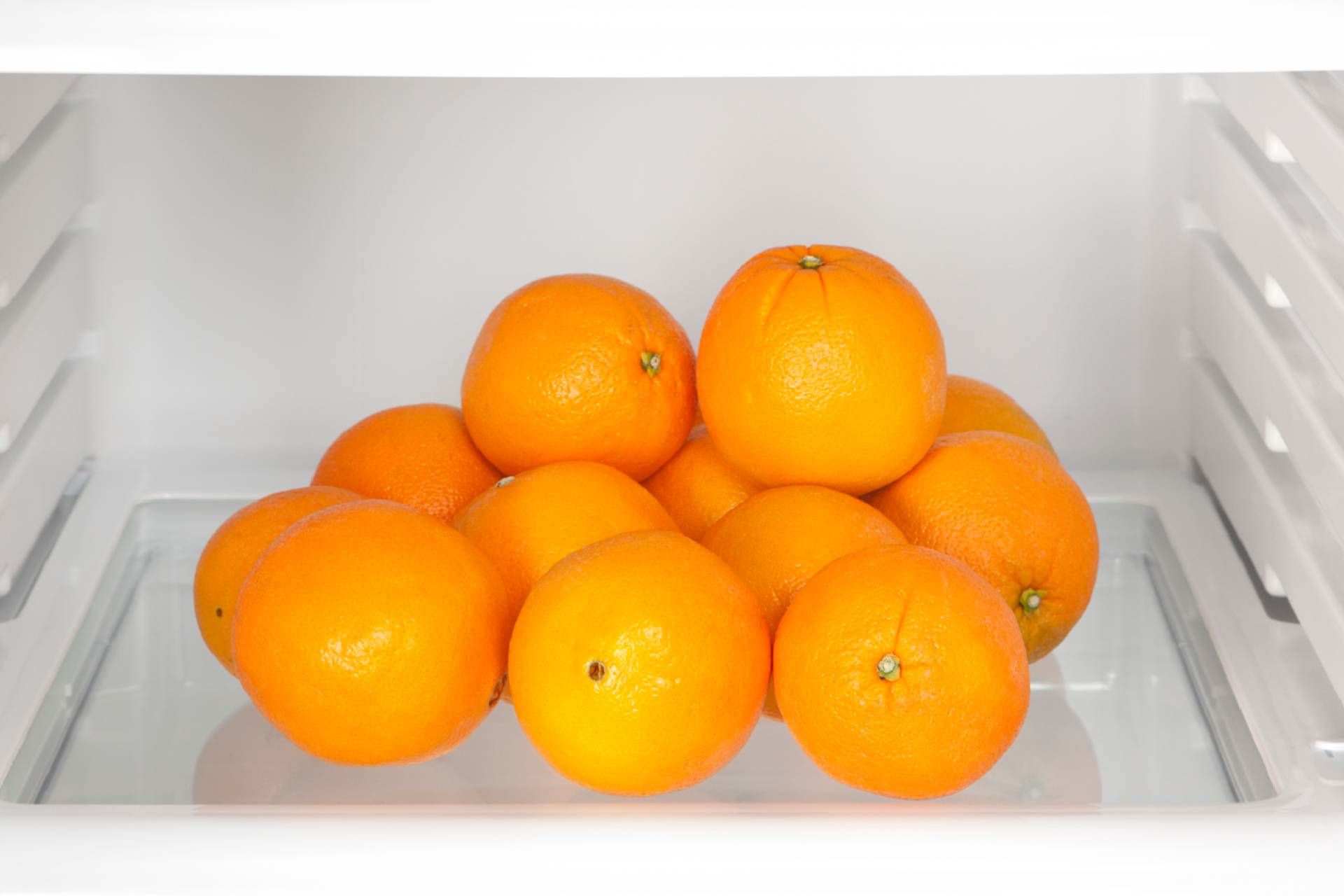
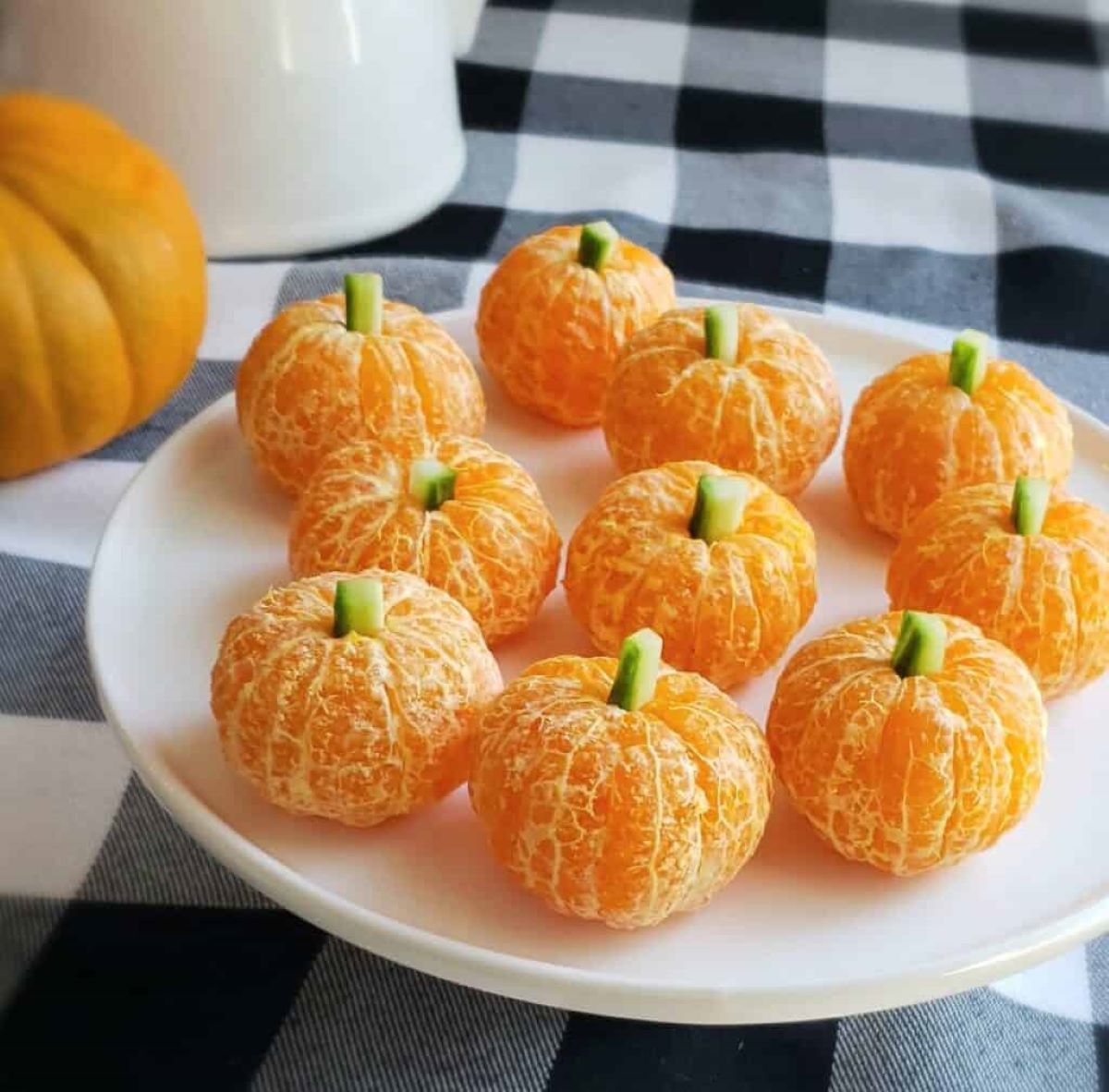
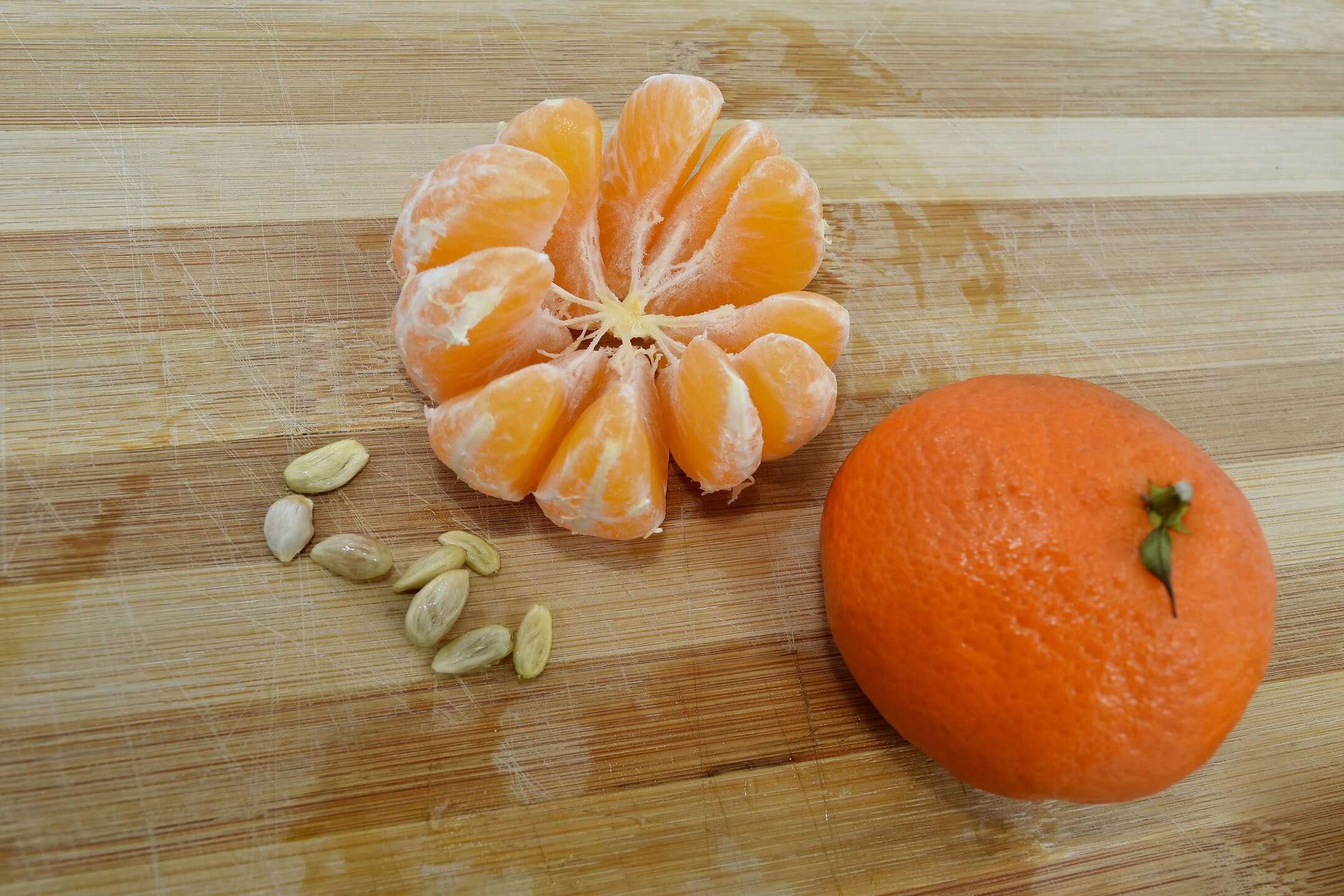
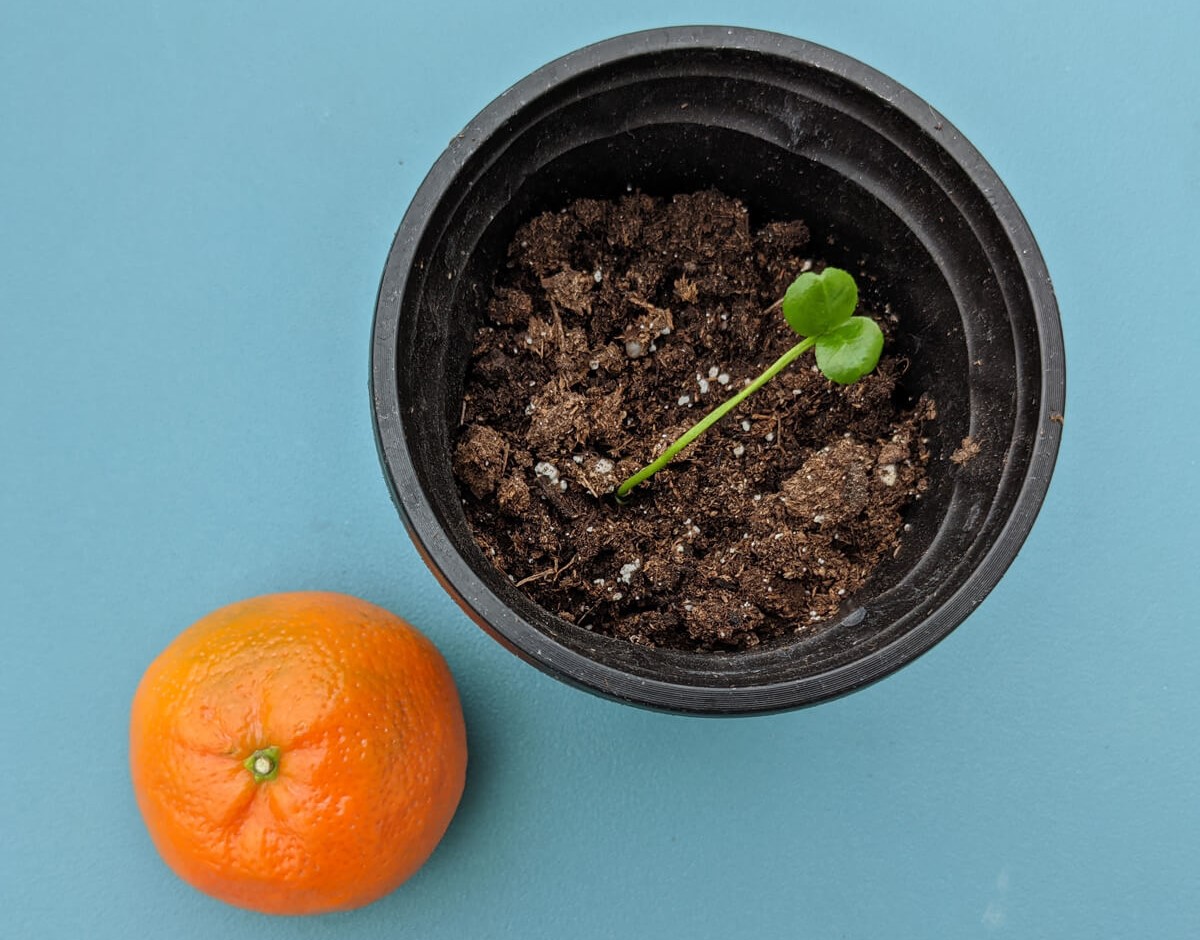
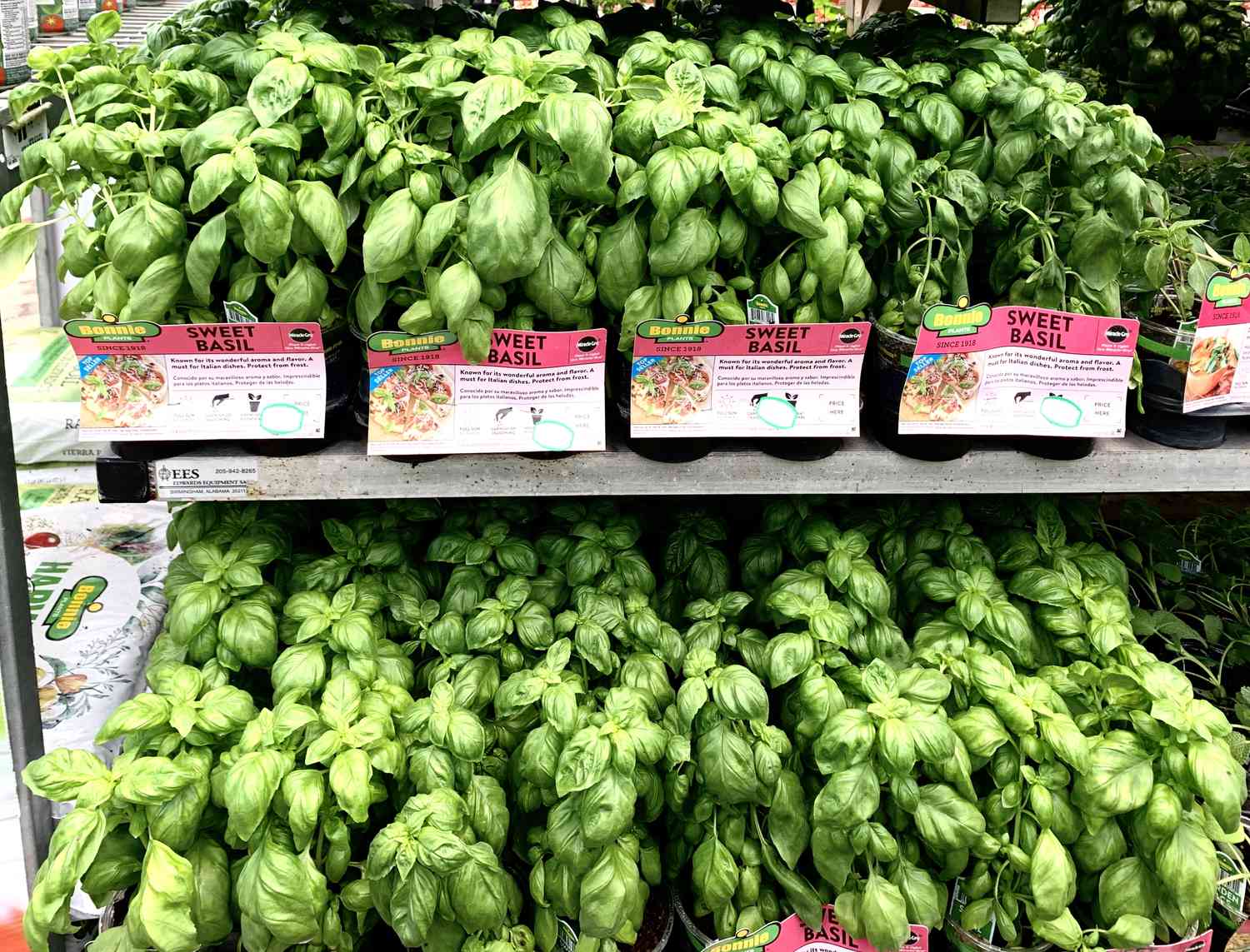

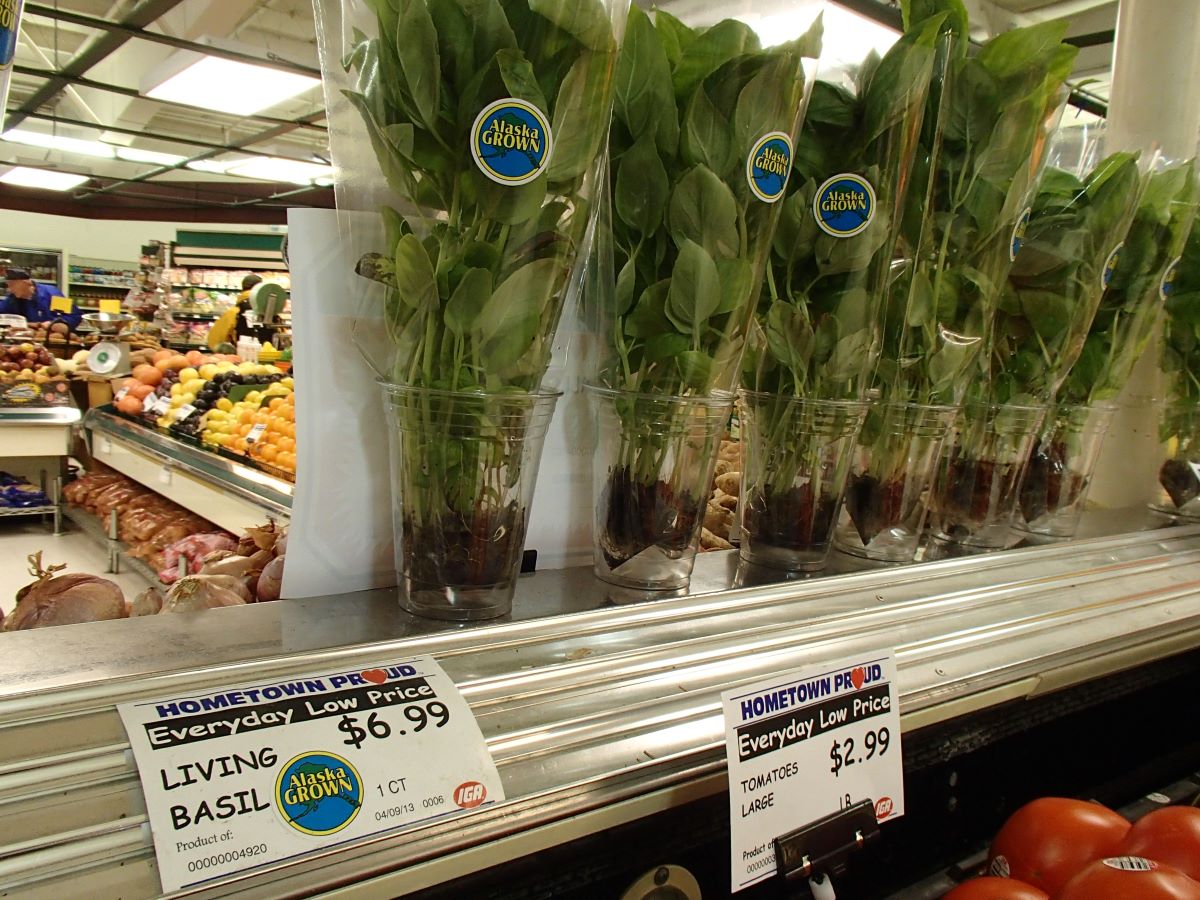





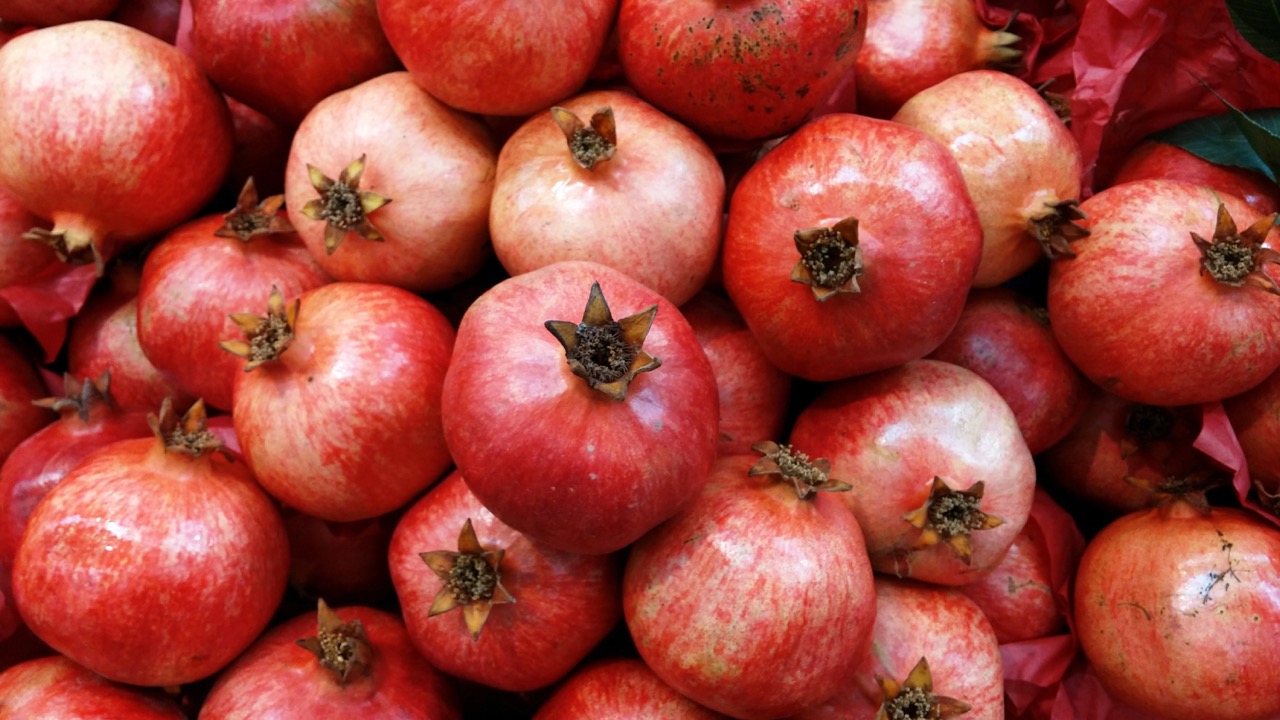

0 thoughts on “How To Store Mandarins”